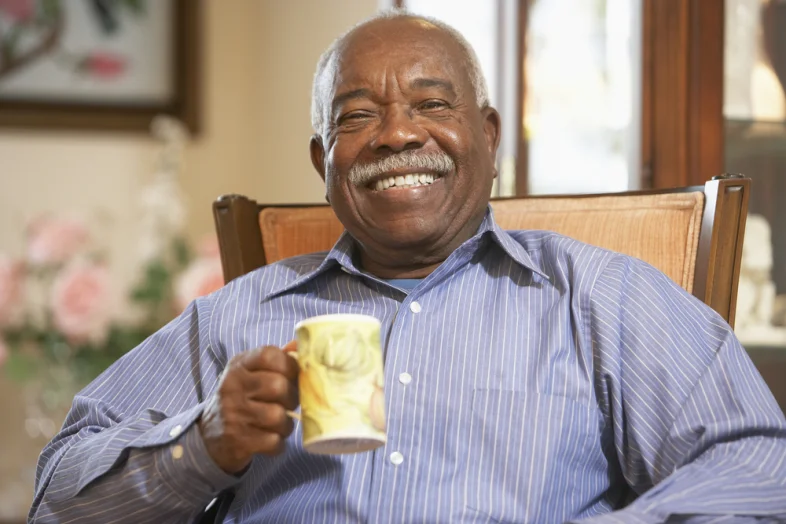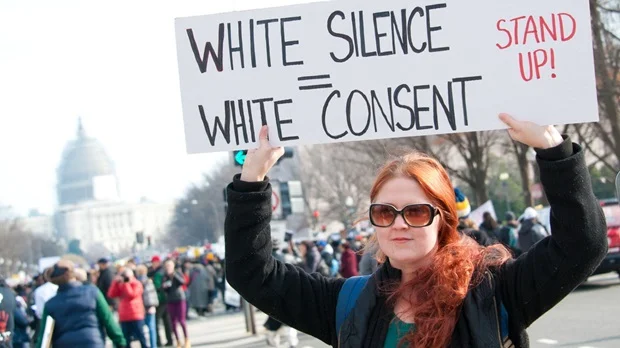“Books cost money that many freed-people did not have; thus, teachers used what they could find. In response to the Freedman’s Bureau question: ‘What books do you use?’ One Georgia teacher replied, ‘Any I can get.’
Hi.
Welcome to my blog. I examine Black history and the Black experience through discoveries in literature, politics, philosophy, art, food and more. It's a great adventure with lots of inspiration and a few surprises along the way!
I'm glad that you have come to visit. Hope you have a nice stay!










